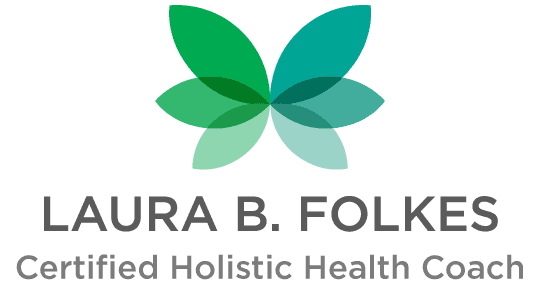
Interview: Food Freedom & Diet Culture
- Diet
- emotional eating
Processed foods make up about 70% of the U.S. diet. The foods that many of us associate as being processed are things like chips and cookies but many breads, yogurt, salad dressings and cheeses are processed too. While these foods are convenient and sometimes taste delicious, many of them are loaded with saturated fats, trans fats, cholesterol, sodium or ingredients (also known as chemicals) that we just can’t pronounce. The issue with these types of foods is that they can cause inflammation in our bodies and reduce immune function.
When we have inflammation in the body, it can cause many symptoms such as muscle and joint pain, brain fog and fatigue to name a few. The good news is that we can help reduce inflammation and build up our immune systems by eating real, whole foods. At first this may sound boring, but stick with me. Here are a few tips on how to eat a natural diet while still enjoying the foods you eat and without needing to spend hours in the kitchen.
Remember that small changes add up, so even if you don’t make all of these adjustments at once, anything is better than nothing. Moving forward with the ones you’re ready to make now will lead to long-term success and you can always implement others in the future.


